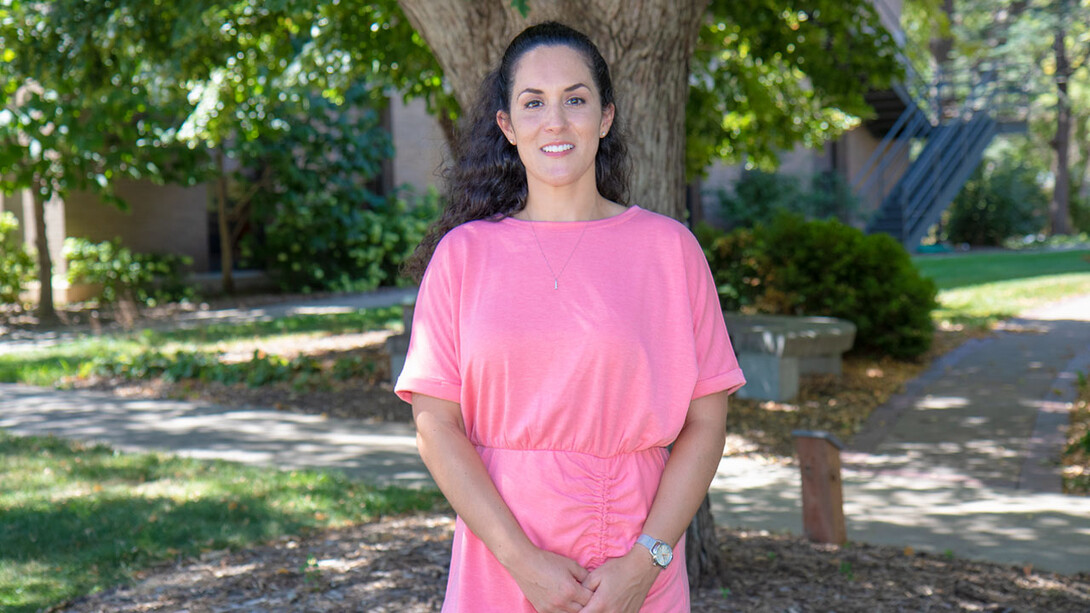
Parties all night. Sleeping all day. Optional class attendance.
Incoming students may have misconceptions about their college experience — including how often their peers are using drugs and alcohol.
An online program is using student-generated data to highlight the gap between perception and reality. Developed at Nebraska, the Year One College Behavior Profile asks students questions about their drug and alcohol use before revealing how their campus peers answered.
“We know that students’ use of alcohol and drugs is influenced by how much they believe their peers are using, and that students tend to have big misperceptions about use among their peers,” said Megan Hopkins, project director of the Nebraska Collegiate Prevention Alliance. “The reality is that most students aren’t using, or they use in a low-risk way. Providing that information helps shift individual behavior.”
The program uses a research-based strategy known as motivational interviewing, which involves asking open-ended, nonjudgmental questions, such as how many problems a student has experienced from alcohol use.
“It’s a very student-led process,” Hopkins said. “We want students to come to terms with whatever they see as an issue and then decide what they want to do to change it.”
The Year One College Behavior Profile is used by 18 institutions of higher learning in Nebraska, including the University of Nebraska–Lincoln. According to program evaluations, participating students receive fewer alcohol sanctions and are more likely to remain enrolled by their junior year.
To expand the program beyond Nebraska, Hopkins has worked with Arpi Siyahian, senior technology manager at NUtech Ventures. As the university’s technology commercialization affiliate, NUtech Ventures helps protect and license intellectual property.
During the 2021-22 school year, 10 colleges in Missouri are using the program as part of a statewide licensing agreement. The license has helped attract additional funds to pay for platform customization, testing and ongoing support.
“NUtech was instrumental in the licensing process, and they’ve helped us feel confident moving forward,” Hopkins said. “We’re excited to offer a high-quality program that’s more affordable than existing options, which is critical in helping schools sustain long-term substance abuse prevention programs.”







